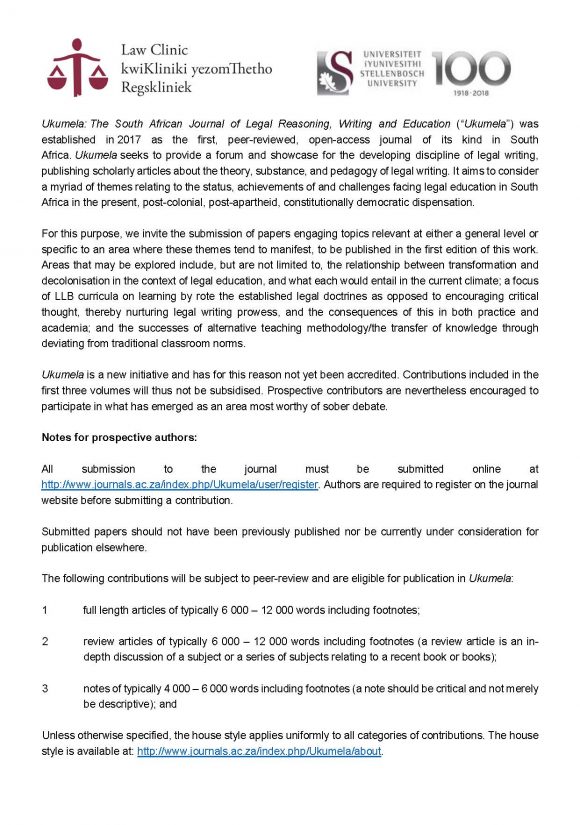by maraiss | Apr 30, 2019 | Strategic Legal Writing

Think twice and proofread at least once
*E-mail or email is both appropriate and correct, but choose one of the spellings and use it consistently.
Sources: Grammar Girl writes a good explanation for the use of email/e-mail as well as Grammarly explains it on their website.
Emails are part of our daily lives. Nine out of ten times, most of our day, consists of checking and replying to emails. For this reason, I decided to do a check list regarding writing, replying and sending emails. No matter if the recipient is a professor, colleague and/or future employer.
Check List
- Have an informative subject line
- Be concise
- Be formal and use the correct title: Dear Dr/Prof. Smith
- End the email in the same style/register: Sincerely/Regards/Kind regards, Your Name (other contact details if necessary)
- Use the appropriate or chosen register
- No slang, abbreviations, or emoticons
- Proofread your email twice
- If replying on an email:
- Address any asked questions or statements, before stating your question
- Demonstrate that you have efficiently read the previous email
- If asking a specific question:
- State specifically your interest/research field/module
- Explain the reason for asking the question
- Ask to schedule a meeting in the person’s office hours
The following article was written by Natalie Tindall, Associate Professor at Lamar University, USA. The article addresses key points regarding email writing and discusses the above check list in more detail.
Helpful article: Aspects to bear in mind when writing an email

by maraiss | Apr 9, 2019 | Strategic Legal Writing, This makes for interesting reading
Ksenia Makagonova
Motivation for starting an assignment
I always struggle to start writing after I’ve finished my research. It is a large amount of information and usually as a student, you feel you don’t have enough space/pages to write and include all the information necessary to answer the question. So where do we start? Or the better question: How do we start?
I am not a big supporter of newsletters, but Professor Pat Thomson’s weekly newsletters never disappoint. Professor Thomson motivates, initiate ideas, no matter if you are writing an assignment, thesis or journal article.
Take a look and let me know what you think: Patter with Prof Pat Thomson
by Admin | Jul 20, 2018 | Strategic Legal Writing
Although many articles have been written about thesis assessment, none provide a comprehensive, general picture of what examiners do as they assess a thesis. To synthesise this diverse literature, we reviewed 30 articles, triangulated their conclusions and identified 11 examiner practices. (more…)
by Admin | Apr 7, 2018 | Strategic Legal Writing
” … and/or, that befuddling, nameless thing, that Janus-faced verbal monstrosity, neither word nor phrase, the child of a brain of someone too lazy or too dull to express his precise meaning …”
Any comments Maties law students?
by Admin | Mar 15, 2018 | Strategic Legal Writing
CONSTITUTIONAL LAW 312
MEMORANDUM – MEETING WITH WRITING CONSULTANTS [AFRIKAANS FOLLOWS BELOW]
Tuesday, 13 March 2018
The Law Faculty’s Writing Consultants have received a number of questions from students and/or have detected a number of potential issues/concerns during their student consultations regarding the preparation of the applied writing assignment (‘AWA’) for Constitutional Law 312. As a point of departure, we would like to encourage students participating in Constitutional Law 312 to please consult the following resources again (1) the Applied Writing Assignment Guidelines and Case Study (‘Guidelines’); and (2) the entire 2018 Faculty of Law Writing Guide (‘Writing Guide’), but especially (i) pages 66-98 (Faculty’s referencing guidelines); and (ii) pages 112-122 (Faculty’s guidelines for drafting heads of arguments). Please see below for a summary of the key points discussed during our meeting: (more…)


